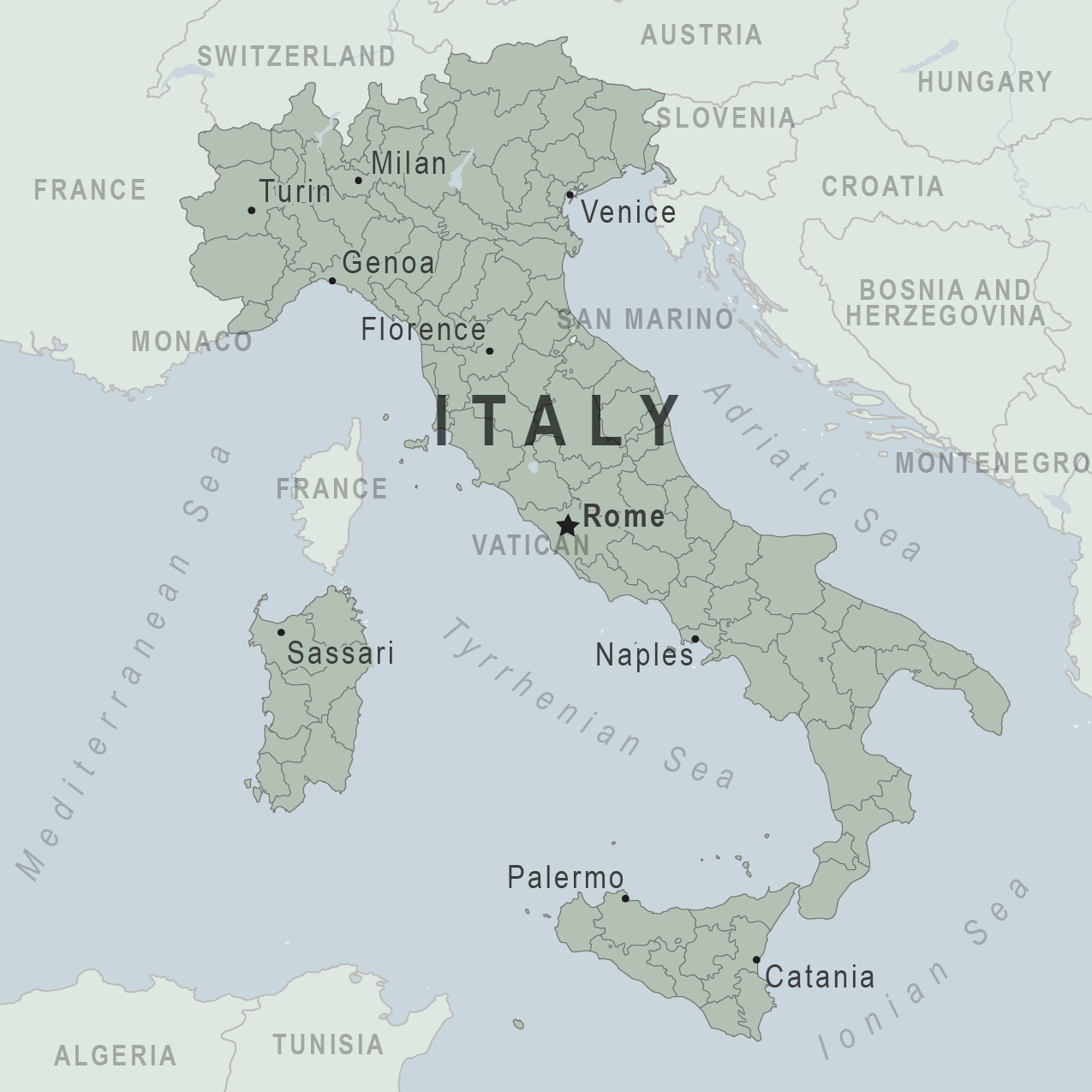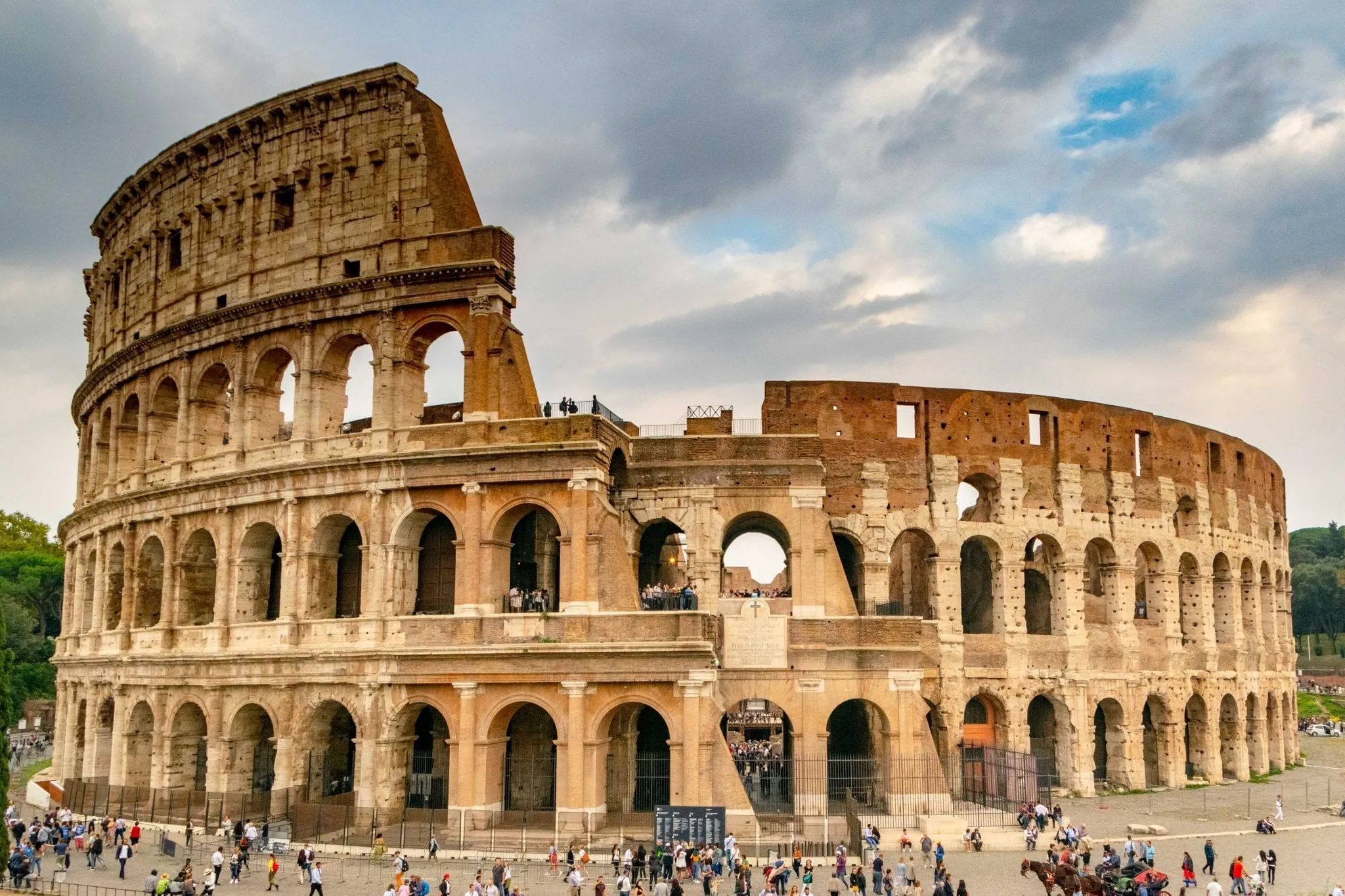
- #The italian man who went to malta part 2 trial
- #The italian man who went to malta part 2 professional
He offered the treasures to the Louvre in Paris and the Eremitage in St.
#The italian man who went to malta part 2 trial
Only a few pieces were left with him after the trial ended, and he was also asked to pay a fine of 10,000 gold francs. But when the Ottomans got wind of it, the Turkish government sued Schliemann in a Greek court and demanded that half of the findings be given to Turkey. It had been a difficult journey for both men, as the precise identification of the findings was rendered all the more difficult by the long history of the city, which had first surfaced in records in 3000 BC.Īmong his most significant discoveries in Troy, Schliemann struck a cache of gold and other artifacts, which he subsequently baptized "Priam's Treasure" - Priam having been the legendary king of Troy mentioned in Homer's work - in 1873. Schliemann came to the conclusion that these walls had once formed part of the fortifications of Troy. After running into a number of initial impasses, Schliemann stubbornly went on with the excavations until in 1872 he hit meter-high (just over 3-foot-high) ruins belonging to a prehistoric city. Calvert had actually acquired the land around Hisarlik so he could continue with his work, but he lacked the funds to continue with his excavation attempts, which, at that point, had come to a dead end.Ĭalvert persuaded Schliemann to continue where he himself had stopped working. The two Troy-obsessed researchers ran into each other by sheer coincidence. Before Schliemann, the British archaeologist Frank Calvert had already begun excavations in the very same region. Schlieman was, however, by no means been the first person to believe that the city was hidden under this particular location. But in all that time, no one had ever been able to prove that the city described in Homer's saga had really existed - until 1871, when Heinrich Schliemann, then 49 years old, discovered the ruins of what is now presumed to be the city under the Hisarlik hill in the Troas region in the northwest of present-day Turkey. The search for the ancient city of Troy had never ceased over thousands of years. During his entire journey, Homer's Iliad was Schliemann's one and only true companion - the one book he considered his indispensable guide to discovering Troy. From there, he traveled to the Marmaris Sea to make his way inland and start the quest for Troy. In 1868, he went on a trip to the Greek island of Ithaka, where he decided to look for the palace of Ulysses. He used his fortune to study Ancient Greek and Latin in Paris. His extraordinary gift for foreign languages paved the way for a different career prospect: archaeology.Īfter then moving to Russia, Schliemann became rich dealing with raw materials for the production of ammunition. He ended up in Amsterdam, where within one year, he learned to speak not only Dutch but also Spanish, Italian and Portuguese, to be complemented by Russian later on. Raised alongside eight other siblings in a pastor's family in the eastern part of the German state of Mecklenburg-Western Pomerania, Schliemann started out as a tradesman, as his family could not afford to send him to higher education. Yet his career path had initially pointed him in a different direction. A businessman and adventurerįrom his early childhood, the world of antiquity always fascinated Schliemann. His work helped shape the face of archaeology unlike any other. In the late 19th century, Schliemann went on to invent research methods that are still in use today.


Schliemann was, however, much more appreciated in Britain, where the German researcher has always been celebrated as the man who discovered the location of a place that up to that point had been shrouded in mystery.
#The italian man who went to malta part 2 professional
His biggest rival, the top archaeological expert Ernst Curtius, for one, repeatedly mocked him in a bid to polish his own professional profile.

Schliemann was determined to discover the site of ancient Troy - and so he is believed by many to have done.įor the longest time, the German public used to make light of Schliemann's achievements. Many of his contemporaries regarded him as somewhat of a fantasist, as he traveled around in Turkey equipped with little but a beat-up edition of Homer's Iliad. Heinrich Schliemann was a complex character, part dreamer and part genius in disguise.


 0 kommentar(er)
0 kommentar(er)
